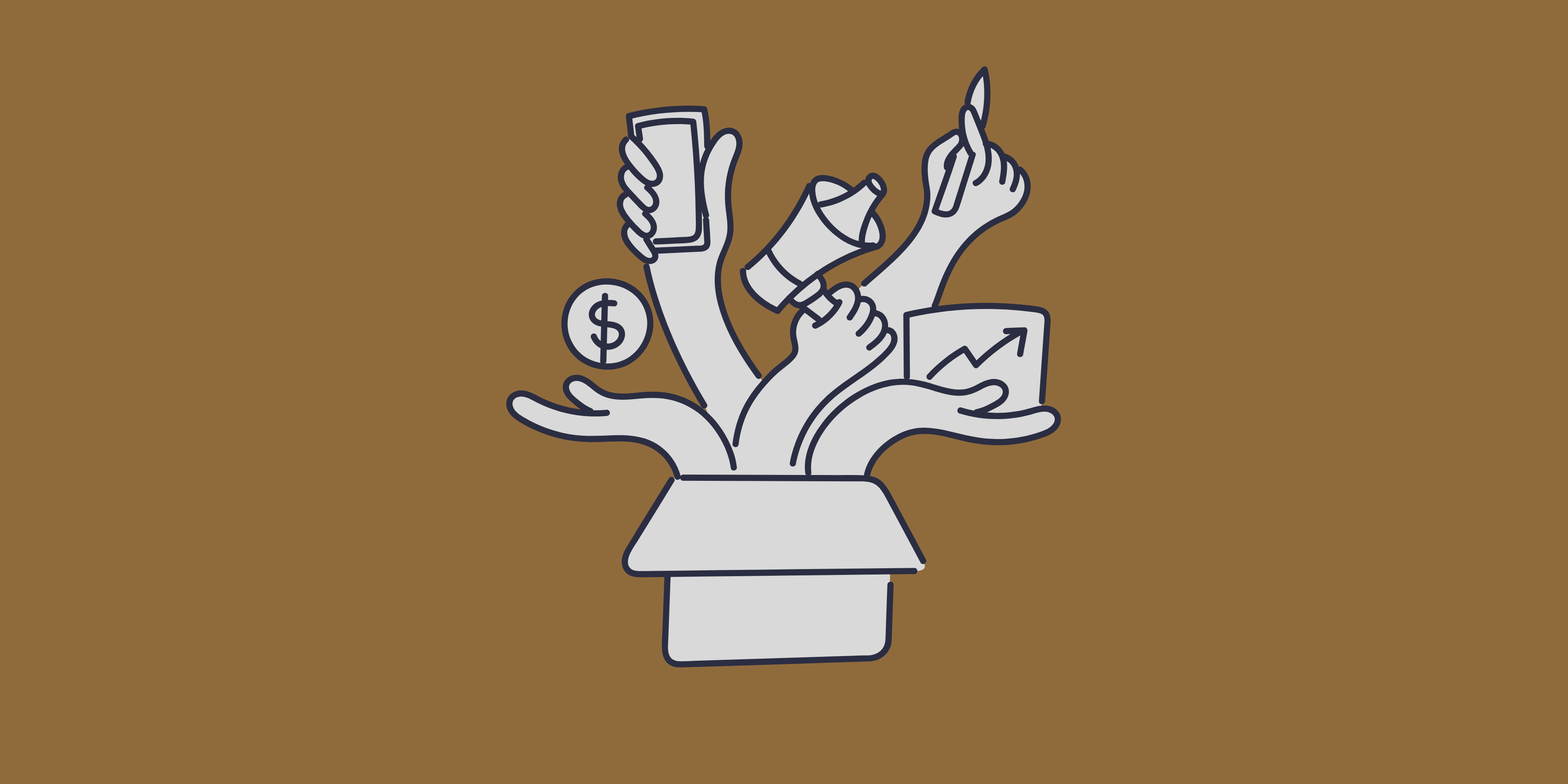I used to believe that multitasking is an ability. It turns out it‘s more like attempting to text while sprinting on a treadmill at full speed—cool for three seconds before you crash into reality.
But still, the world keeps shoving this myth like it’s a terrible infomercial product.
“Do more! Be efficient! Optimize every second!”
Thanks but no thanks.
My brain is not a computer
Many adore comparing the human brain to a computer, but if mine is one, it‘s the type that crashes when more than two tabs are open.
Multitasking is simply moving the same window around the screen and declaring it progress. Concentrate on one thing and suddenly that thing actually gets accomplished.
Emails get replied to without typos. Sentences make sense. The coffee cup doesn‘t get stored in the fridge.
Time isn’t the problem, attention is
Somewhere, I managed to tell myself that I never had time. The actual problem was that I was wasting half of it reopening the same three apps, forgetting why I picked up my phone, and wondering where the last hour went.
Time isn‘t slipping away—it‘s being carved into tiny, useless pieces. Single-tasking does not make time for me, but it prevents me from throwing it in the garbage.
How about those things we “don‘t have time for“?
Those are really things we just don‘t have attention for.
Reading a book? Requires attention. Having an actual conversation without half-hearing because you’re scrolling? Attention. Getting a task done without checking every five minutes? Completely attention.
The problem isn‘t time management—it‘s attention management.
Less multitasking, more single tasking
There is a specific kind of joy in finishing something without needing to backtrack every five minutes. It’s not even about being productive—it’s about reclaiming the ability to focus longer than a goldfish.
Do one thing at a time, and suddenly, everything feels easier. You get that strange overall sense of being slightly more competent at life. It’s shockingly effective.
But nobody wants to hear that. People want hacks, shortcuts.
They want to think they can still be super-productive while responding to messages, making dinner, and pondering the meaning of life simultaneously.
They can‘t.
Nobody can. And we all know it deep down.
So, instead of pretending, I’ll just be honest: single-tasking works.
It’s not flashy, it won’t make you look busy and important, and it certainly won’t impress anyone in a job interview. But if you actually want to get things done—and maybe even enjoy doing them—it’s the only thing that does.




